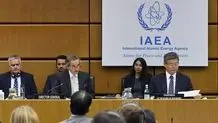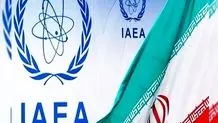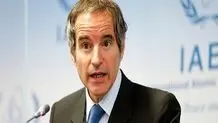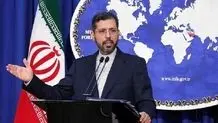Iran holds firm as pressures expected to rise
With the pause in the Vienna talks entering the fourth month, the West seems more defiant in its quest to ramp up diplomatic pressure on Iran, something that is now expected to spur more resistance from Iran.
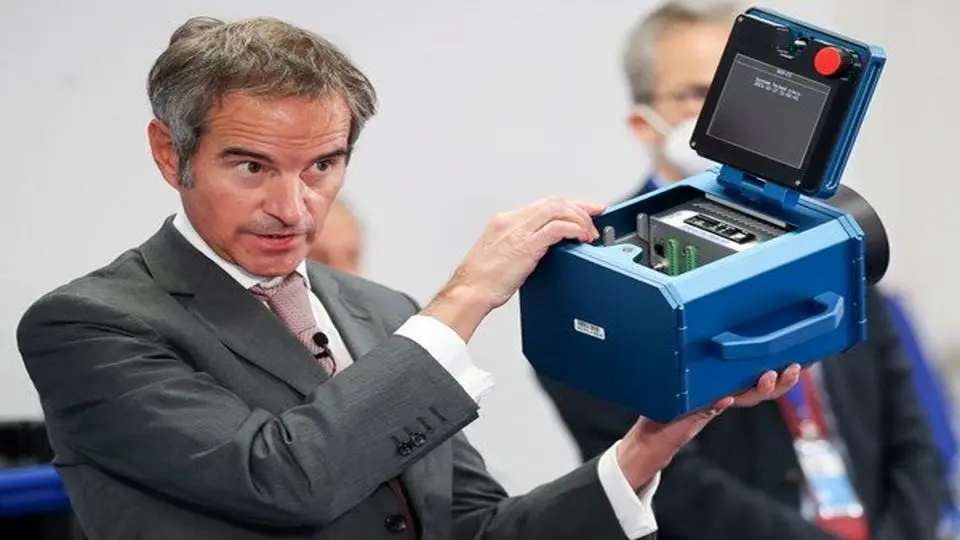
MEHR: With the pause in the Vienna talks entering the fourth month, the West seems more defiant in its quest to ramp up diplomatic pressure on Iran, something that is now expected to spur more resistance from Iran.
Ever since last March, tensions between Iran and the West have been on the rise amid a protracted standstill in the talks in Vienna over reviving the 2015 Iran nuclear deal, formally called the Joint Comprehensive Plan of Action (JCPOA).
Last week, the tense relations between Iran and the West took a new turn after the main interlocutors of Iran in the Vienna talks pushed jointly for a censure resolution at the International Atomic Energy Agency’s Board of Governors, the first move of its kind in two years.
The resolution, though mild in language and unbinding in nature, elicited harsh criticism from Iranian officials at various levels. The government responded by turning off IAEA surveillance cameras and spinning a new set of advanced centrifuges. President Ebrahim Raisi, speaking in the name of God and the people, vowed defiance and resistance. And in Parliament, there was an uproar on Sunday.
A group of 260 lawmakers issued a joint statement denouncing the resolution as a political move influenced by Israeli peddling. They said the IAEA and its director-general personally fell under Israel’s sway. They referred to Rafael Grossi’s recent visit to Israel as indicative of his slanted reporting.
The Iranian criticism of the West, in general, laid bare Tehran’s strategy for coping with the possible rise in tensions in the coming weeks and months. A strategy of resistance and defiance can be extrapolated from Iranian statements.
The strategy in question perfectly fits into the broad contours of what the Leader of the Islamic Revolution, Ayatollah Seyed Ali Khamenei, has stressed in his public meetings including the Saturday one with Venezuelan President Nicolas Maduro.
During the meeting with President Maduro and his entourage, the Leader of the Islamic Revolution referred to the successful experiences of Iran and Venezuela in standing up to US' intense pressures and hybrid warfare.
“The only way to confront the US is through resistance and persistence,” he said, according to a readout published by khamenei.ir. “The resistance of the Iranian nation brought about the failure of their maximum pressure policy to such an extent that one of the prominent political officials of the United States recently used the term ‘abject failure’ in referring to this policy.”
Ayatollah Khamenei further said, “The conclusion that can be drawn from the resistance and success of the two nations of Iran and Venezuela is that the only solution when facing [political and economic] pressures is resistance and persistence. At the same time, the cooperation between the Islamic Republic of Iran and the Bolivarian Republic of Venezuela should become stronger and relations should become closer than before.”
Meanwhile, many Iranian analysts have pointed out that Iran should resist the new wave of pressure from the West because the main purpose of this pressure is to get more concessions from Iran. Of note, the Vienna talks have come to a standstill since March over US indecision about a number of issues that are crucial to concluding the draft agreement reached over the course of eight rounds of talks.

